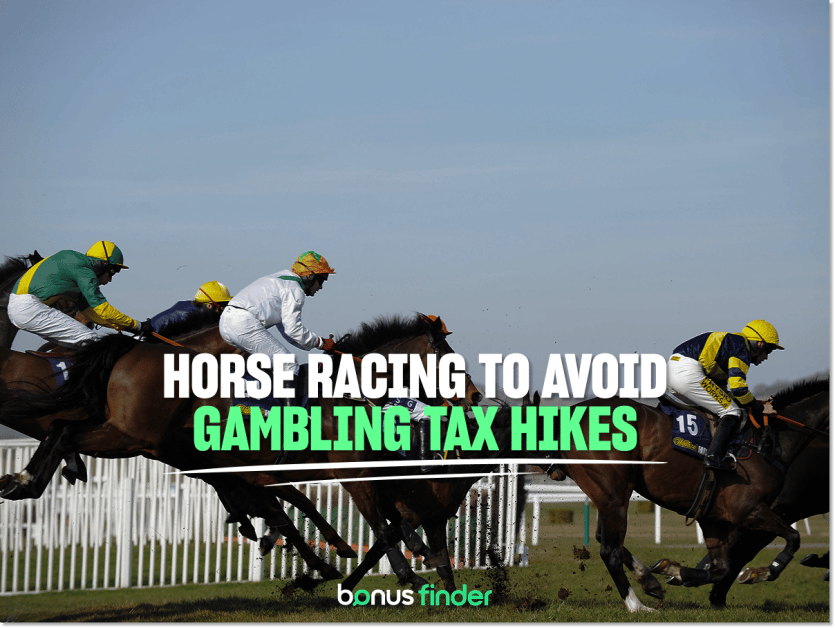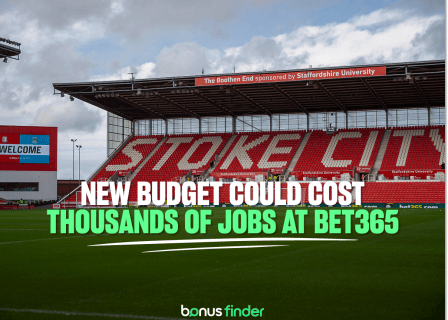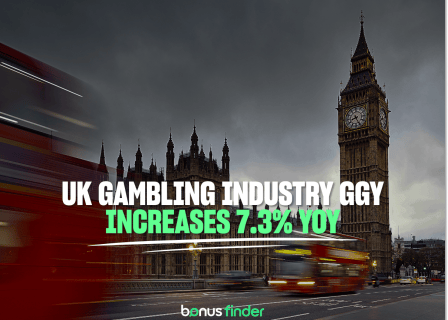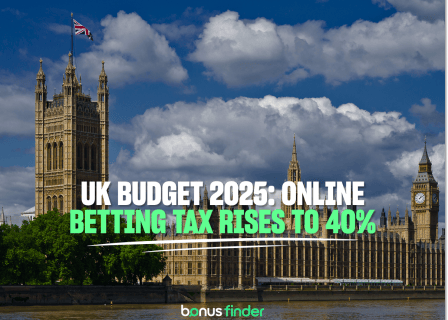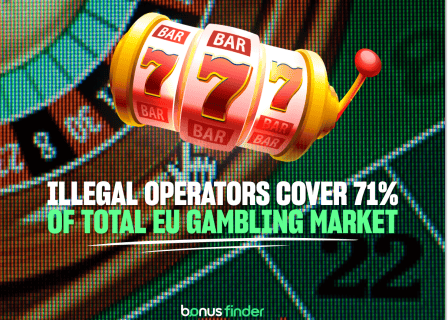The horse racing sector will be spared in the upcoming gambling tax rate increase, according to insiders. While the exact details of any potential gambling duty increase are unknown, Chancellor Rachel Reeves is now widely expected to raise duty on gaming machines in betting shops and online casinos, as she attempts to balance the national books.
Proposed UK gambling tax increases
The expected increases come on the back of calls from prominent figures, including former Prime Minister Gordon Brown, suggesting as much as £3.2bn could be raised by increasing levies.
Not all the voices came from outside the gambling industry, either. Paddy Power founder, Stewart Kenny, recently stated: “I really believe that, for the parts of the industry that are the most harmful, you tax higher to disincentivise the bookmakers from sucking you from the sports book into the online casino.”
However, the reports, and in particular the £3.2bn figure, have been heavily disputed by industry experts, who have suggested increases would lead to revenue loss, which, in turn, would mean reduced revenues, losses of jobs, and increased black market betting.
An Ernst Young report, commissioned by the British Gaming Council, suggested that tax rises could lead to the loss of 40,000 jobs across the industry, as well as the loss of £3.1bn to the economy.
The report went on to say the short-term gains from the proposed changes would total more like £1bn, and this figure dropped to £500m when taking into account the financial implications of job losses.
The likes of Rank Group, Evoke, Entain and Betfred, also criticised the proposed changes, with many pointing to the likelihood they would have to close betting shops and cease certain operations if the changes went ahead.
Reeves is set to announce any new levies as part of her 26 November budget, and the most recent suggestions point to a £1bn cash grab, raised by increasing duty paid at online casinos and on betting shop gaming machines.
Currently, the levies on these products stand at 21% and 20% respectively, with some key figures suggesting these figures could go as high as 40%, although exact figures are not yet known.
Horse racing implications
The £1bn economic gain is substantially lower than the £3.2bn previously cited, likely because of the omission of general sports betting and horse racing betting.
The exclusion of horse racing comes after multiple complaints from leading figures within the sport. In August, the industry announced the unprecedented move to strike.
All meetings and races on 10 September were cancelled, in protest against the proposed tax increases. While it looks as though the strike may have helped curb new taxes, many in horse racing believe they will still be affected.
One source, quoted by the Telegraph, said: “The Treasury just doesn’t get it. You don’t protect horse racing by taking £1bn from the gambling sector, you do the complete opposite.
“The ‘pleasure police’ who despise gambling have bet the Government will dance to their tune, and unfortunately, it seems like they are. It will cost thousands of jobs.”
